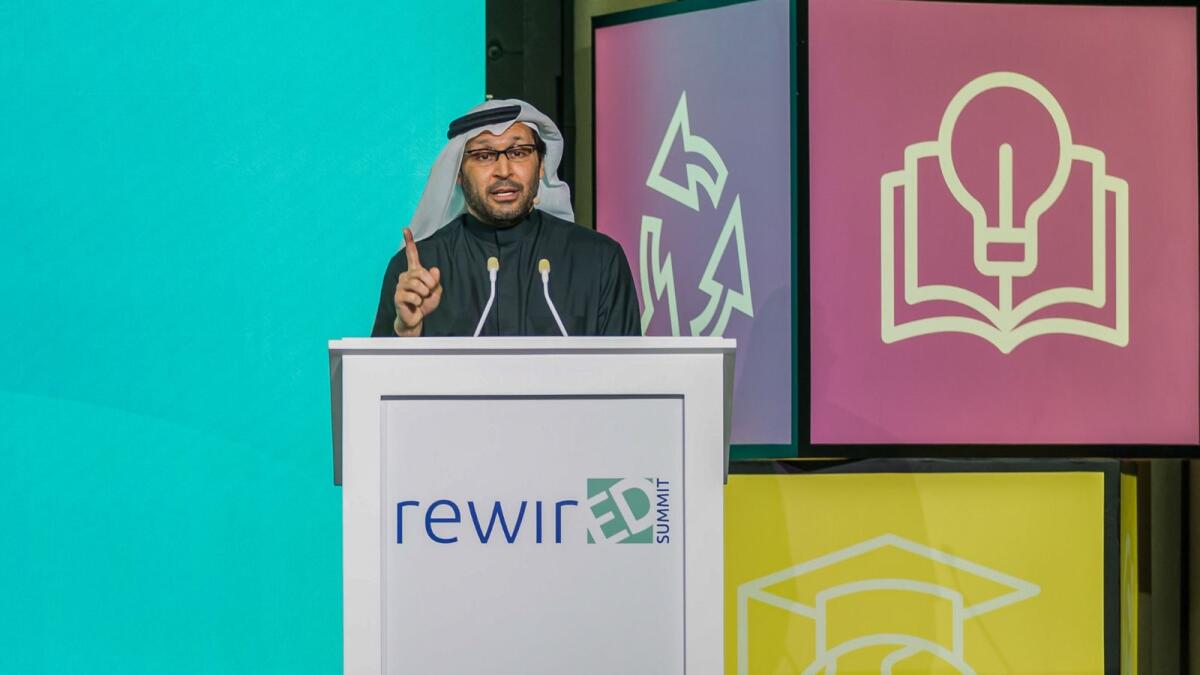Climate change mitigation can be achieved through planet-friendly school meals, equipping teachers with ‘green’ skills, and preparing youngsters for a changing planet. This is according to a new report by Dubai Cares, released after two years of consultation with education and environment experts, which calls for the integration of education and climate change. The report emphasizes the importance of school meal planning and policy to promote the use of locally produced native foods with shorter supply chains. It also suggests incorporating food system education and whole food approaches into the curriculum to educate children, teachers, and future generations on how to make the food system more sustainable.
Teachers play a pivotal role in educating students about the environment, as highlighted in the report. It mentions the program ‘Teachers for the Planet’ as an example of successful innovations in climate and education that benefit teachers, school leaders, and education/climate policymakers. The report, titled ‘The Rewiring Education: The Climate Education Nexus’, is a result of consultations and dialogue at the RewirED Summit 2023 at COP28 UAE and beyond. It emphasizes the need for a complete rewiring of education systems globally to address global challenges.
According to Dr. Tariq Al Gurg, CEO and Vice-Chairman of Dubai Cares, education is key to confronting the climate crisis. He stresses the importance of a fundamental transformation of education systems to make real progress on global issues such as poverty, health, and climate change. The report offers actionable solutions to integrate education into the climate agenda while ensuring climate solutions are embedded in education. One of the solutions proposed in the report is investing in Early Childhood Development, which plays a significant role in increasing climate change adaptability and resilience in young children and their families.
The report offers five win-win solutions that focus on holistic development to equip individuals with the knowledge, skills, values, and experiences needed to thrive in a sustainable world. It builds on the solutions presented in the inaugural report launched in 2022, titled ‘Rewiring Education for People and Planet’, to highlight the critical role of education transformation in climate action from an ecosystem perspective. The report emphasizes the need for stakeholders to move from rhetoric to action with a sense of urgency to claim education’s rightful position in the climate action agenda.
In conclusion, the report calls for a collaborative effort to sow the seeds of change and leverage the climate-education nexus to its fullest potential. It emphasizes the importance of integrating education into the climate agenda and ensuring that education systems are aligned with climate action goals. By implementing the proposed solutions and investing in Early Childhood Development, stakeholders can contribute to creating a sustainable and resilient future for generations to come. The report serves as a roadmap for stakeholders to take concrete actions towards addressing the defining crisis of our time – climate change.










